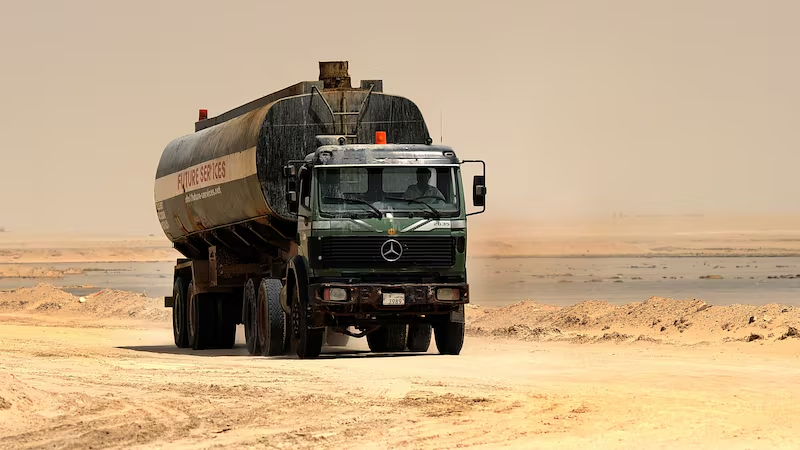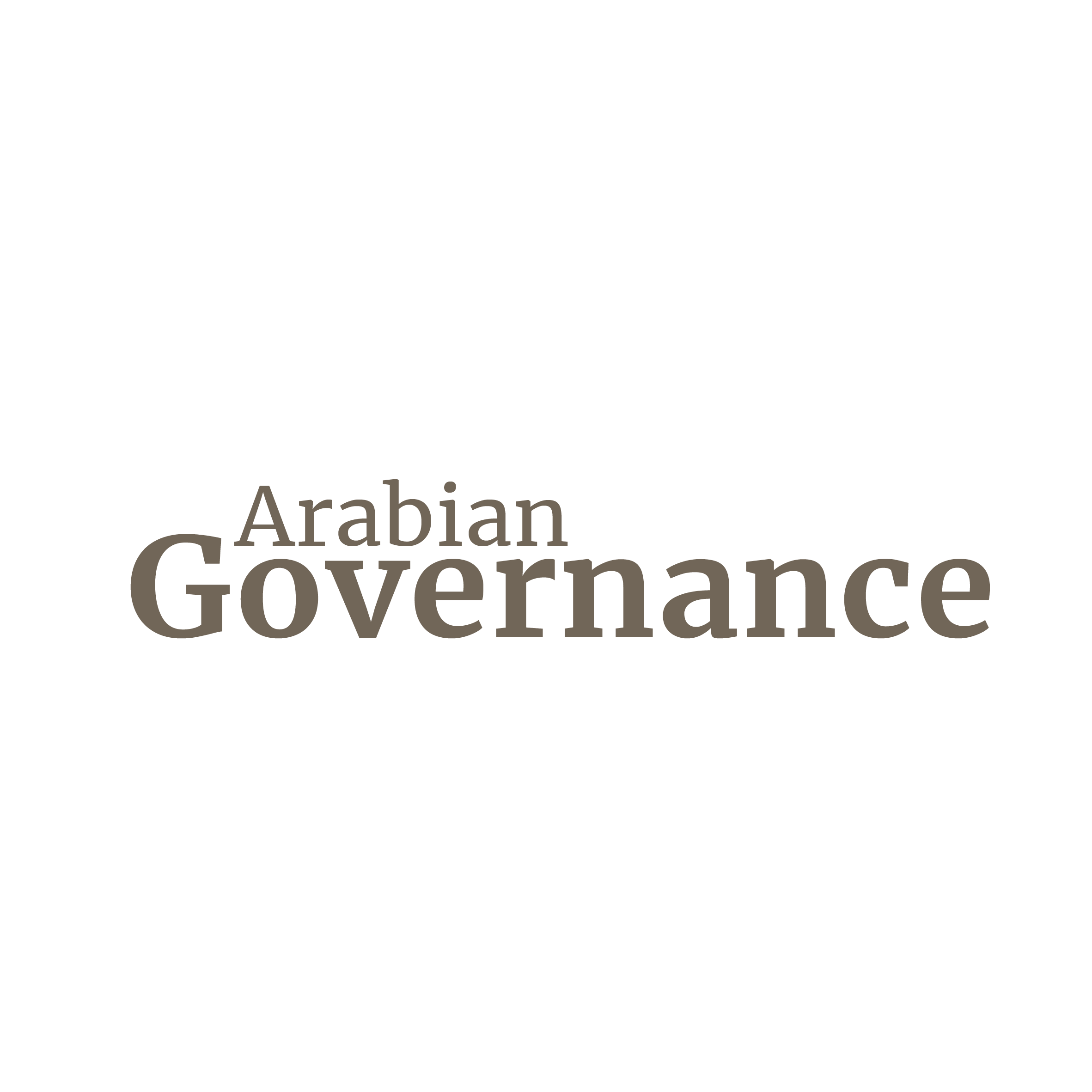Now Reading: Saudi Arabia and Kuwait announce ‘highly significant’ oil discovery in neutral zone
-
01
Saudi Arabia and Kuwait announce ‘highly significant’ oil discovery in neutral zone
Saudi Arabia and Kuwait announce ‘highly significant’ oil discovery in neutral zone
North Wafra Wara-Burgan field has an output of more than 500 barrels a day

Saudi Arabia and Kuwait said they have made a significant oil discovery in the neutral zone, the first major find since 2020 when they resumed production operations in the area.
The Wafra joint operations have made the discovery of new reserve in the North Wafra Wara-Burgan field, with flows of crude oil from the reservoir “exceeding 500 barrels per day”, the state news agency SPA reported on Monday. The well is five kilometres north of Wafra field.
“This marks the first discovery since the resumption of production operations in the partitioned zone and its adjacent offshore area in mid-2020,” SPA said.
The discovery is “regarded as highly significant, given its positive impact on both countries’ standing as reliable global energy suppliers and their capabilities in the exploration and production sector”, it added.
Kuwait and Saudi Arabia signed an agreement in 2019 dividing up oil production in the neutral zone that sits between the two countries, a move that analysts say could bring an additional 500,000 bpd of oil to the market.
There are two major oilfields in the neutral zone, the onshore Wafra field and the offshore Khafji. Both ceased production in 2014 and 2015, respectively, but were restarted on July 1, 2020.
“Considering that oil demand is still rising and that continuing new supply is needed to compensate declines from old wells, it is always positive to see new discoveries,” said Giovanni Staunovo, strategist at UBS.
“Investments are needed so that a discovery turns to an oilfield. Also, both countries are part of Opec and used spare capacity as a tool to balance the oil market,” he told The National.
The latest discovery comes after Saudi Arabia‘s oil giant Aramco said last month that it discovered 14 oil and natural gasfields and reservoirs.
Energy Minister Prince Abdulaziz bin Salman said six fields and two reservoirs of oil and two fields and four reservoirs of natural gas were found in the eastern region and the Empty Quarter. The discoveries will strengthen the kingdom’s ability to meet domestic and global energy demand for decades to come, he said.
In July last year, Kuwait said it discovered “huge commercial quantities” of oil and gas. Preliminary estimates suggested the discovery at Al Nokhatha field, east of the island of Failaka, could yield about 2.1 billion barrels of light oil and 5.1 trillion standard cubic feet of gas, which corresponds to about 3.2 billion barrels of oil equivalent, the Kuwait Oil Company said.
The new discoveries come as oil prices continue to face pressure from demand concerns amid US tariff uncertainty. Fears of oversupply also continue to rise as the Opec+ group of producers ease supply cuts.
The group, led by Saudi Arabia and Russia, had announced output increases of 411,000 bpd for May and June. It is likely to announce a similar increase for July during its June 1 meeting, according to media reports.
“The fact that we are in an oversupply situation will not have an immediate positive impact in the short-run, but the oil discovery in the neutral zone reinforces the strategic alliance between the two countries and should increase the energy security and production capabilities of both countries,” Ipek Ozkardeskaya, a senior analyst at Swissquote Bank, told The National.
“The trend of the global demand – and the shift towards cleaner energy sources – remains a risk, though the transition will likely take longer than hoped and the countries will be able to monetise the extra barrels.”
Brent, the benchmark for two thirds of the world’s oil, was trading 0.06 per cent higher at $64.82 a barrel at 7.47pm in the UAE. West Texas Intermediate, the gauge that tracks US crude, was up 0.05 per cent at $61.56 a barrel.
Oil prices averaged $75 a barrel in the first quarter, down from an average of $80 in 2024, as forecasts for supply growth to outstrip demand growth weighed on prices, Jadwa Investment said in a report last week.
While prices dropped sharply in April and rebounded in May, the oil market is “subject to further volatility in response to US tariff policy and Opec+ production plans”, it said.
Brent prices is likely to fluctuate around $63 a barrel to $65 a barrel for the rest of this year, Saudi Arabia-based Jadwa said.
“We expect Saudi crude production to average 9.4 million bpd in 2025, up from nine million bpd in 2024 – growth of just over 4 per cent. Higher volumes will offset part, but not all, of lower prices,” it added.
Source: The National

